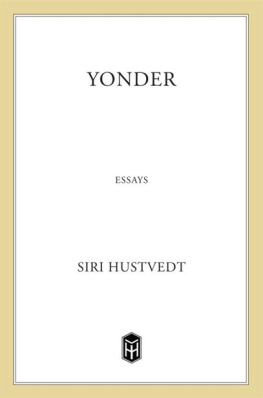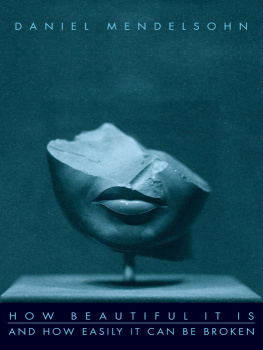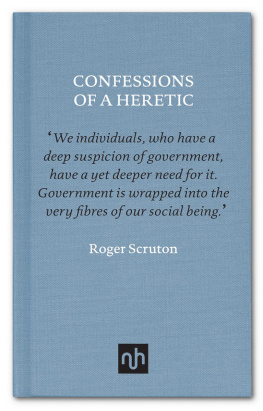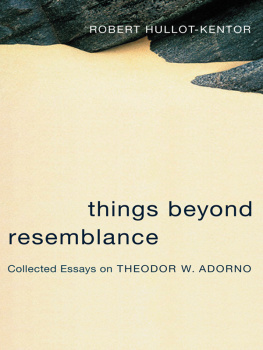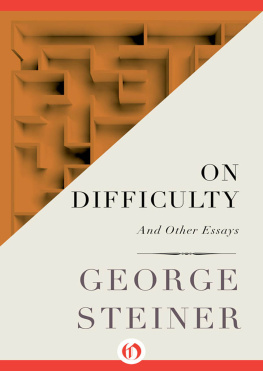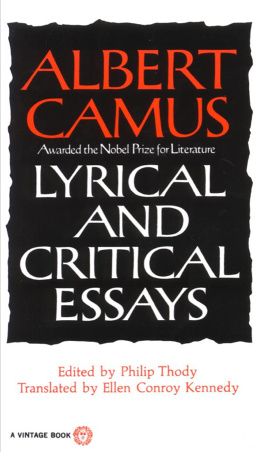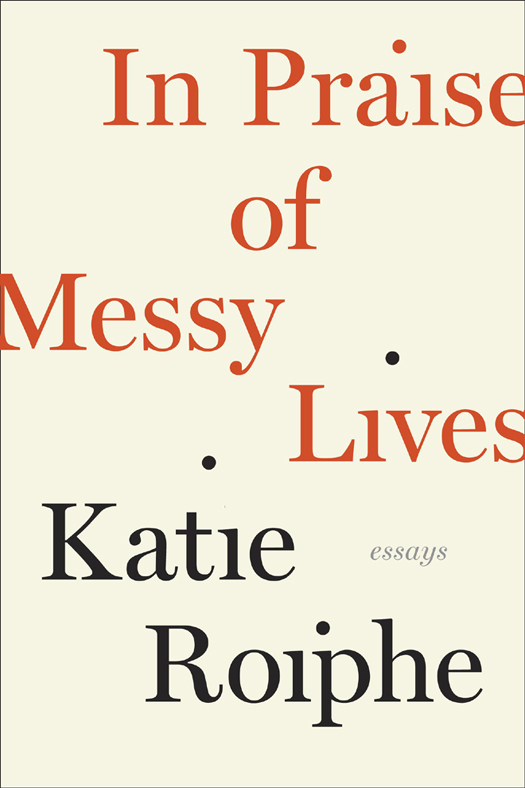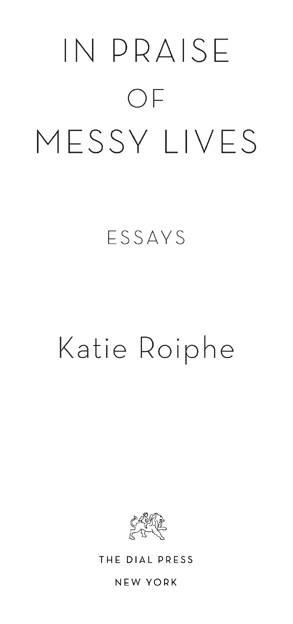This is a work of nonfiction. Some names and identifying details have been changed.
Copyright 2012 by Katie Roiphe
All rights reserved.
Published in the United States by The Dial Press, an imprint of The Random House Publishing Group, a division of Random House, Inc., New York.
D IAL P RESS is a registered trademark of Random House, Inc., and the colophon is a trademark of Random House, Inc.
Grateful acknowledgment is made to the following for permission to reprint previously published material:
Grove/Atlantic, Inc.: Excerpt from Mayakovsky from Meditations in an Emergency by Frank OHara, copyright 1957 by Frank OHara. Used by permission of Grove/Atlantic, Inc.
Alfred A. Knopf, a division of Random House, Inc.: Excerpt from Needle Biopsy from Endpoint and Other Poems by John Updike, copyright 2009 by The Estate of John Updike. Used by permission of Alfred A. Knopf, a division of Random House, Inc.
Previous publication information for the essays that appear in this work are located within the authors Acknowledgments, which begin on .
LIBRARY OF CONGRESS CATALOGING-IN-PUBLICATION DATA
In praise of messy lives: essays / Katie Roiphe.
Roiphe, Katie.
p. cm.
eISBN: 978-0-679-64402-6
I. Title.
PS3618.O53I5 2012
814.6dc23 2012013549
www.dialpress.com
Cover design: Anna Bauer
v3.1
Contents
PART I
Life and Times
PART II
Books
PART III
The Way We Live Now
PART IV
The Internet, Etc.
Introduction
Here is something I remember from school: in French class we quickly learned that no matter what we were readingCamus, Sartre, Ionesco, Voltairethe correct answer to any question was always Lhypocrisie de la bourgeoisie. We were good students, all girls, navy blue uniforms, and we would raise our hands and duly deliver that answer, and Madame Camille, our pretty French teacher, would smile encouragingly. I fear that same commitment to theme is a little bit on display here.
One day an editor asked me to write a piece analyzing the enormous popularity of Mad Men, and it was in distilling my response that I began to think about messy lives. After watching the show for a few days straight, an experience I dont necessarily recommend to anyone, it seemed to me that our conservative culture was fascinated by the spectacle of people who drank too much, smoked too much, and fell into bed with people they werent married to, the mixed glamour of it, the stylish retrograde thrill. I began in that piece to think of messiness as a value, a good thing, a lost and interesting way of life. I had long felt discouraged by what seemed to be a certain lack of imagination in the way most of the people I knew were living, a kind of narrowness and provincialism in liberal, progressive New York circles, a cultural preoccupation with healthiness above all else, a veiled judgment toward anyone who tried to live differently; and now that discouragement felt suddenly useful and productive.
While getting my doctorate in literature, I was trained to do close readings of poems, and what I am trying to do in these essays is close readings of the outside world. I want to take apart the language we use and expose the subterranean fantasies and mythologies and assumptions at work. On disparate subjects, whether I am writing an etymology of the phrase love child or an analysis of the sexual preoccupations of American male novelists, I am attempting close readings of the culture. Though I have tried for the sake of neatness and clarity to divide them into sections, the line between the cultural pieces and book pieces and personal pieces is largely imaginary; they all blend and blur and spill into each other.
One review of one of my books used the colorful phrase Roiphe-haters, and though I was a tiny bit taken aback, I am aware that there are an unusual number of people who hate my writing, and that I have done something to attract, if not court, that hatred. I once read someone describe me as an uncomfortablist, which may be as accurate a characterization as any. For some probably perverse reason, I am drawn to subjects or ways of looking at things that make people, and sometimes even me, uncomfortable. In life I will go very far out of my way to avoid any possible conflict or argument, so it is a little surprising that in my essays I often seem to pick fights, and to offend or otherwise enrage people. Its hard to explain how this works, and I admit that its fairly implausible or untenable as a way of life, but that seems to be how I go about my days: peaceably in person, fiercely on paper.
One day one of my students was doing a radio project on writers and their ideal writing conditions. He was very serious and very smart, and I would have liked to give him smart and serious answers. But I dont think I have ever had or even thought about ideal writing conditions. I had to confess to him that my ideal writing conditions are that I have a deadline and the Con Ed bill is due.
As Virginia Woolf wrote about novels, essays and articles are not spun in mid-air by incorporeal creatures, but are the work of suffering human beings, and are attached to grossly material things, like health and money and the houses we live in. And looking back, I can read the conditions behind some of these essays: a babys fever, a month of not sleeping, a marriage falling apart. I am afraid the messy life is not just a theme of the essays, its in the sentences.
In putting this collection together, it was a little surprising to me, looking at these pieces written over time, casual or serious, book pieces or culture pieces, pieces on Jane Austen or divorce, to see a pattern emerging, themes obsessively being worked through, a worldview, sometimes actively or perversely courting the extreme, and definitely not all that hugely far away from Lhypocrisie de la bourgeoisie. Madame Camille, wherever she is, should be pleased.
My own life at the time of writing is a little messy. I have two children, with two different fathers, neither of whom I am living with. It did take me a little while to achieve quite this level of messiness, but I did it in the end.
I once wrote to someone: I am kind of a failed conventional person. Or maybe my failures liberated me toward ever more colorful and flamboyant failures. And this seems as accurate a description as any of my relation to conventional life, this book being, among other things, a defense and celebration and interrogation of precisely those failures.
After my essay The Naked and the Conflicted appeared in The New York Times Book Review, the paper ran the following response in the letters column:
To the Editor:
Not only are you contributing to the total annihilation of the literary culture, but also to the destruction of our civilization. Think about it.
John Rendeiro
Union, NJ
I keep this pinned up on my office wall, for inspiration on a slow day.
PART I
Life and Times
The Great Escape
In times of trouble, some people turn to cigarettes and other people turn to drink and I read books I have read a million times before. And so in the harrowing time after I separated from my husband, I reread The Age of Innocence. In the early chapters, the Countess Olenska returns from Europe, having separated from her husband, and most of fashionable New York refuses to attend a dinner thrown in her honor. Even when Edith Wharton was writing, this attitude was already outdated, and yet somehow I feel a hint of it still: the same stigma mingled with fascination. I feel, suddenly, an instinctive recognition of Countess Olenska, foreign, scrutinized.


